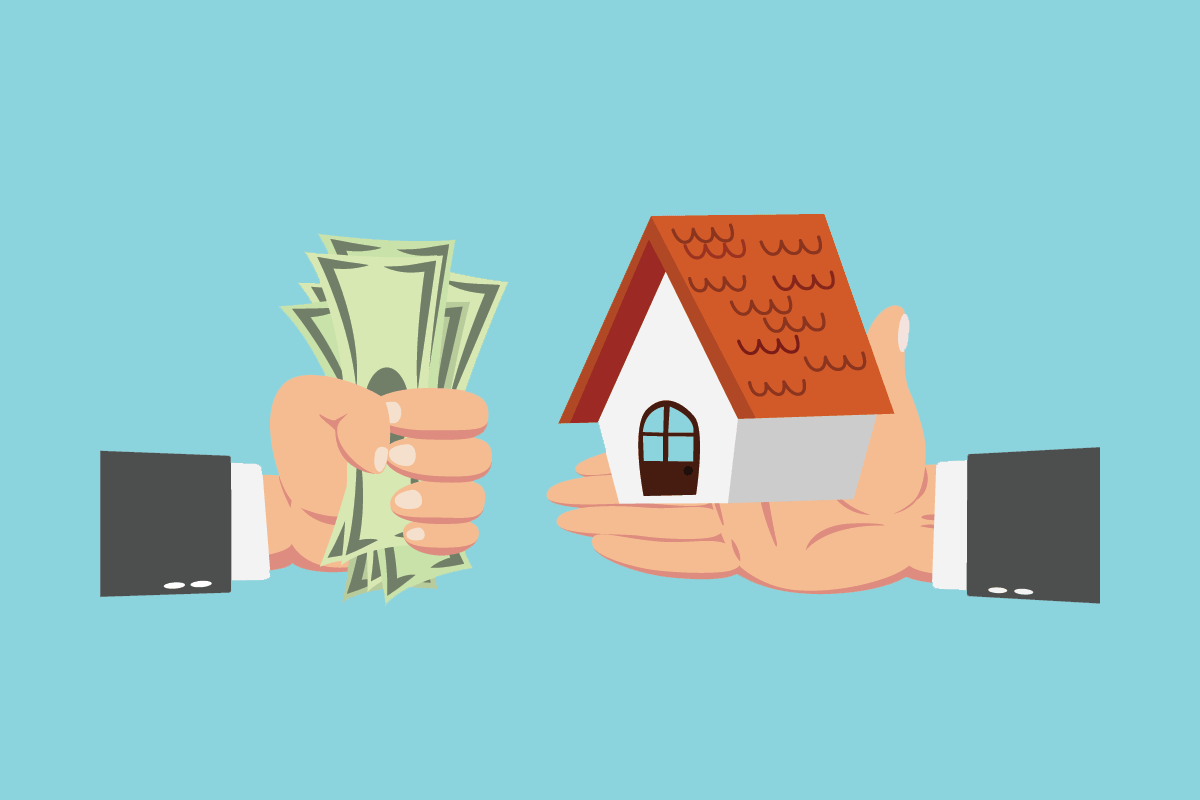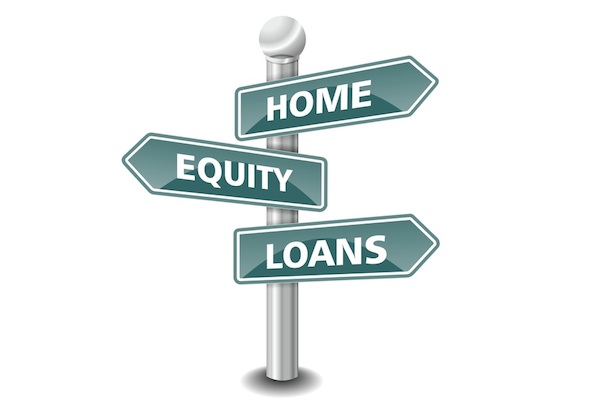Home Equity Loan vs HELOC: Whats the Difference?
Table of Content
Before you start applying for loans with your house as collateral, first you need to find out if you meet home equity loan requirements. A home equity loan can be used to pay off your current mortgage, but this only makes sense if you can get a lower interest rate than your current mortgage. If you can, this will allow you to save on interest and thereby reduce your monthly payment. The amount you’re able to borrow depends on your current home equity.
Chase isn’t responsible for (and doesn't provide) any products, services or content at this third-party site or app, except for products and services that explicitly carry the Chase name. You'll want to look at all your options before choosing to get a home equity loan. In a recent TD Bank survey, 43% of respondents who are renovating their homes or planning to renovate are using a home equity loan or HELOC for that purpose. And so if you're looking to finance a renovation, you may be wondering whether it pays to do so via a home equity loan or a HELOC.
Home Equity Loan
Alternatives to a home equity loan depend on the amount needed and the purpose of the loan. The greatest alternative to a home equity loan is either an emergency fund or delaying an expense and budgeting to save for it in advance, but neither is always possible. For a small amount, a 0% annual percentage rate credit card is a great alternative, but make sure that you pay it off before the promotional interest period is up. As long as you owe money on your house, you’re at risk of losing the roof over your head—and that’s never good. That’s why we teach people to put at least 10–20% down when buying a home and then pay that sucker off as fast as possible!
They’ve helped tens of thousands of people get mortgages they can actually pay off fast. And if you’re looking to buy a home or refinance, they’ll help you get a mortgage that will work with your financial goals, not against them. If you can’t pay back the reverse mortgage in your lifetime, the lender can either foreclose or sue your estate after you pass away. That means even if you leave your home to your kids or grandkids, they may have to sell it to pay off your loan.
Home Equity Line of Credit
It’s one of a few options homeowners can use to access some of the equity they’ve built in their homes without selling. Other options include a home equity line of credit and a cash-out refinance. Because home equity loans come with fixed rates, your payments won’t fluctuate like they could with a variable-rate HELOC or credit card. Home equity loans often have lower interest rates than other types because they are secured debt.
At NextAdvisor we’re firm believers in transparency and editorial independence. Editorial opinions are ours alone and have not been previously reviewed, approved, or endorsed by our partners. Editorial content from NextAdvisor is separate from TIME editorial content and is created by a different team of writers and editors. Get all of our latest home-related stories—from mortgage rates to refinance tips—directly to your inbox once a week. Before borrowing with a home equity loan or HELOC, make sure to shop around for lenders to see who can offer the most competitive rate. As the Federal Reserve continues to battle inflation by hiking its target rate, it’s gotten more expensive to borrow with a home equity loan or HELOC.
How to get a home equity loan or HELOC on a rental property
Lenders feel comfortable offering lower rates because these loans are secured by your home, meaning that the lender can foreclose on you if you decide to stop making your payments. A home equity loan—also known as an equity loan, home equity installment loan, or second mortgage—is a type of consumer debt. Home equity loans allow homeowners to borrow against the equity in their homes. The loan amount is based on the difference between the home’s current market value and the homeowner’s mortgage balance due. Home equity loans tend to be fixed-rate, while the typical alternative, home equity lines of credit , generally have variable rates.
Many banks, credit unions, and other online lenders will consider a home equity loan application and offer this product. In general, the process will require you to submit documentation about your identity and your home ownership, as well as how much of a loan you want and your loan-to-value ratio. In some cases where the value has changed substantially since your home was last professionally appraised, a home appraisal may be needed to establish your most current LTV ratio. You can do this by dividing your current loan balance by the current appraised value of your home.
How Does LendingTree Get Paid?
We’ve maintained this reputation for over four decades by demystifying the financial decision-making process and giving people confidence in which actions to take next. You can borrow against your equity to pay for home renovations, college education or any other expenses that come up. Chase's website and/or mobile terms, privacy and security policies don't apply to the site or app you're about to visit. Please review its terms, privacy and security policies to see how they apply to you.

Generally speaking, most home equity lenders will only let you borrow up to 85% of your home’s value in total between your mortgage and a home equity loan. You'll need a good credit score and adequate income to qualify for a home equity loan. Home equity loans have a fixed interest rate, while HELOC interest rates are variable.
The home equity loan has a fixed interest rate and a schedule of fixed payments for the term of the loan. A home equity loan is also called a home equity installment loan or an equity loan. A HELOC is a line of credit based on your home equity that uses your house as collateral. Taking out a HELOC allows you to borrow up to a set amount over a period of time, usually 10 years.

Several weeks or more can pass before any money is available to you. You've most likely heard the terms "home equity loan" and "home equity line of credit" tossed around and sometimes used interchangeably, but they're not the same. You’ll have to pay this debt off immediately and in its entirety if you sell your home, just as you would with your first mortgage. The benefit of building equity in your home, beyond ridding yourself of the loan you obtained to buy it, is the ability to borrow money against it. Make every mortgage payment and try to pay more than the minimum amount required. You can leverage your home equity in the form of collateral to tap into cash in the form of a home equity loan or a home equity line of credit.
For a primary residence, lenders typically want you to have a debt-to-income or DTI, ratio between 36% to 43%. And use your home as collateral, it's important to be aware of the benefits and drawbacks, however. For a home equity loan, an investment property and rental property are treated the same; you can borrow against the equity in either. Mortgages and home equity loans are both loans for which the borrower pledges the property as collateral.
Alternatives to home equity loans include cash-out refinancing, which replaces the mortgage, and a reverse mortgage, which depletes equity over time. Your first mortgage is the one you used to purchase the property, but you can place additional loans against the home as well if you've built up enough equity. Home equity loans allow you to borrow against your home’s value, minus the amount of any outstanding mortgages on the property. Home equity refers to how much of the value of a home an owner controls compared to that controlled by the lender of the mortgage loan.
Comments
Post a Comment